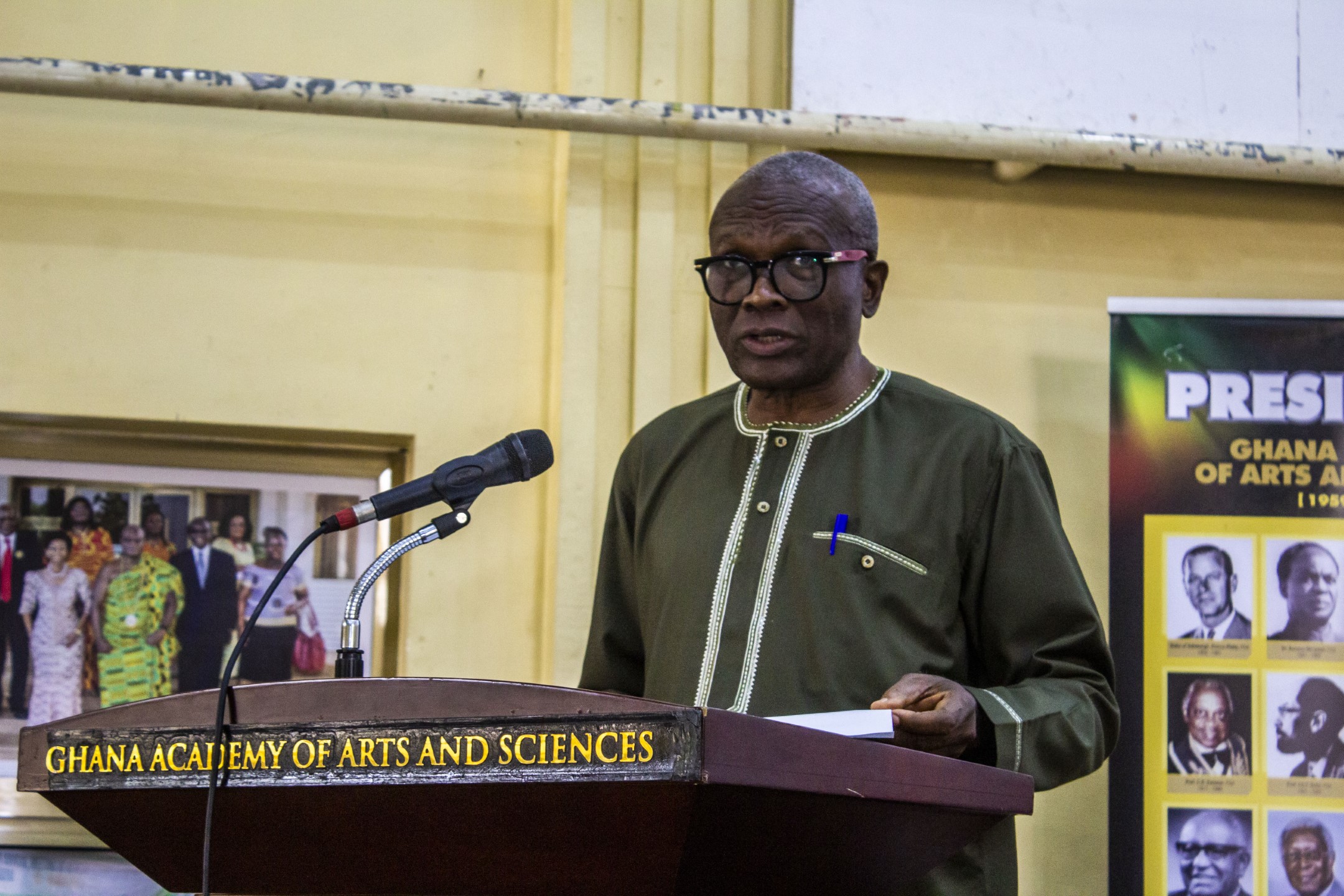
The Deputy Director General of the Expanded Public Works Programme (EPWP) in the Department of Public Works, Mr Stanley Henderson has thanked the Government of Ghana for deploying its senior officials and engineers to South Africa on a study tour of the EPWP. The delegation from Ghana spent the whole week (from 06 to 10 November 2017) touring EPWP projects in the country with the aim of studying best practices in labour intensive methods.
The study tour was led by Deputy Director Planning in the Ghana's Department of Feeder Roads, Dr Kwasi Osafo Ampadu and Project Leader from Japan International Corporation (JICA) Mr Hiroaki Takahashi. JICA is a Japanese entity that is working with the Ghana Government to fund road construction projects in Ghana. The team visited EPWP road construction project in Soshanguve outside Pretoria and another project in Stellenbosch in the Western Cape. The study tour was financed by JICA.
Deputy Director General (DDG) Henderson said the Ghanaian's study tour of EPWP projects strengthened relations between African countries in the ongoing work of improving the lives of the people in the Continent.
"The study visit has been helpful to both countries (South Africa and Ghana) because we have been able to share between ourselves the best practices in the creation of work opportunities for our people through the use of labour intensive methods of construction. We are humbled that the Government of Ghana selected the EPWP as a case study to develop their own model of labour based road construction," DDG Henderson said.
He pointed out that since the start of the 2016/2017 financial year, the EPWP had created 779 251 work opportunities for the people of South Africa. "As we speak, the EPWP's Contractor Development Programme called Vuk'uphile is currently training 330 emerging contractors in the country. These contractors are being trained on labour intensive construction. With the work that we are doing through EPWP, we are certain that the delegates from Ghana are going back home with a better understanding of how we have ramp-up work creation through the EPWP and that they will use some of the work that we do in the Programme to enrich their own models of implementing projects through labour based methods," DDG Henderson said.
Commenting at the closing meeting of the study tour, Dr Osafo Ampadu said that touring EPWP projects has taught them a lot about labour intensive construction.
"We have seen EPWP construction in action. For instance in Tshwane (Soshanguve), we saw the actual mixing of concrete product directly by labour - instead of machines. We were also impressed by the production rate, where about 30 people are able to mix about 40 tonnes of concrete a day"
"At the Western Cape projects, we observed the asphalt laying process being done by labour up to the compaction stage. Indeed we are taking all the knowledge acquired from this study tour back home to work on enriching our model of labour based construction method," Dr Osafo Ampadu added.
The study tour was facilitated by the International Labour Organisation (ILO).
Issued by: Department of Public Works
Read Full Story
























Facebook
Twitter
Pinterest
Instagram
Google+
YouTube
LinkedIn
RSS